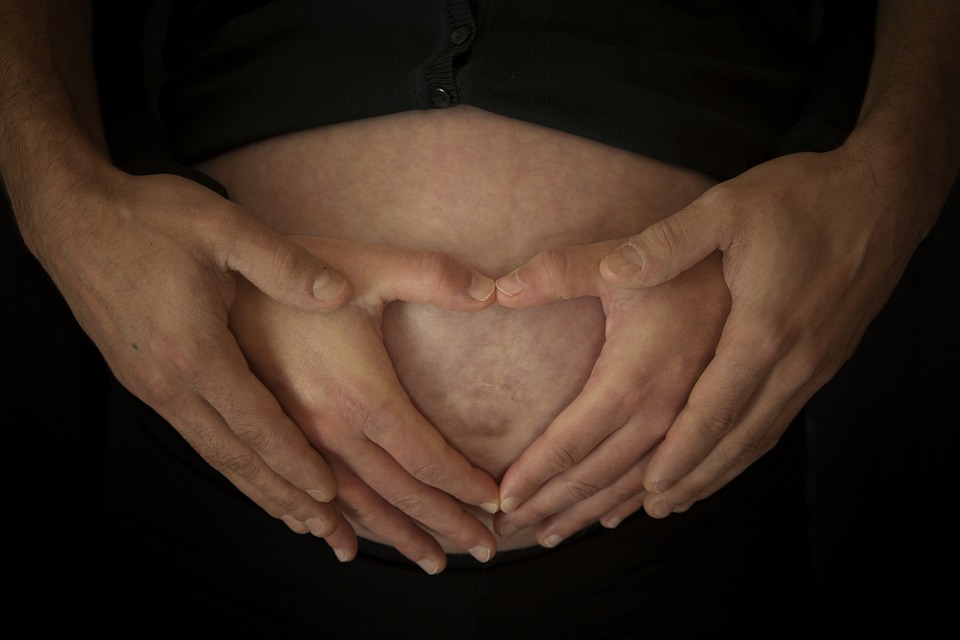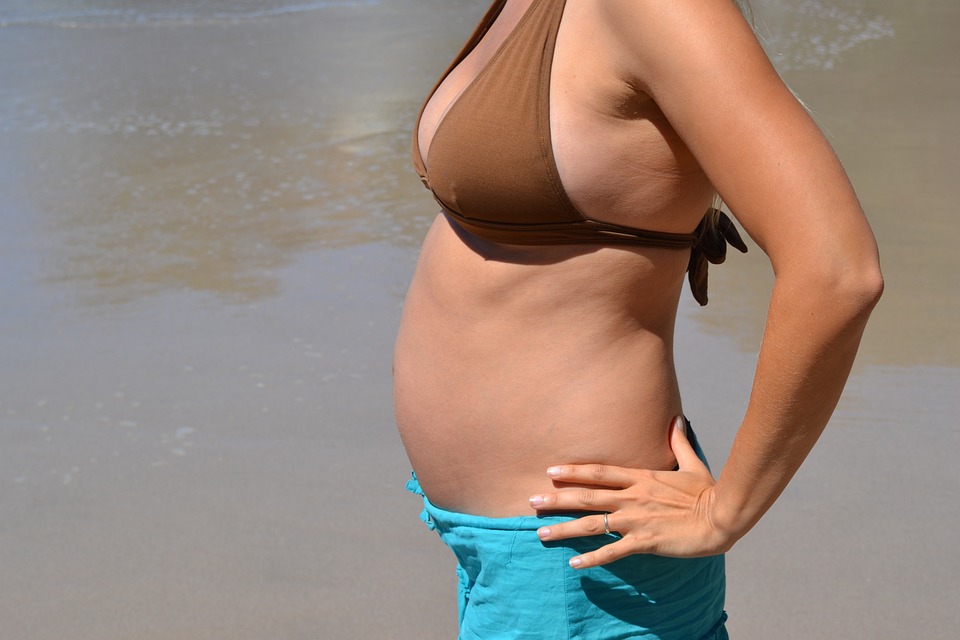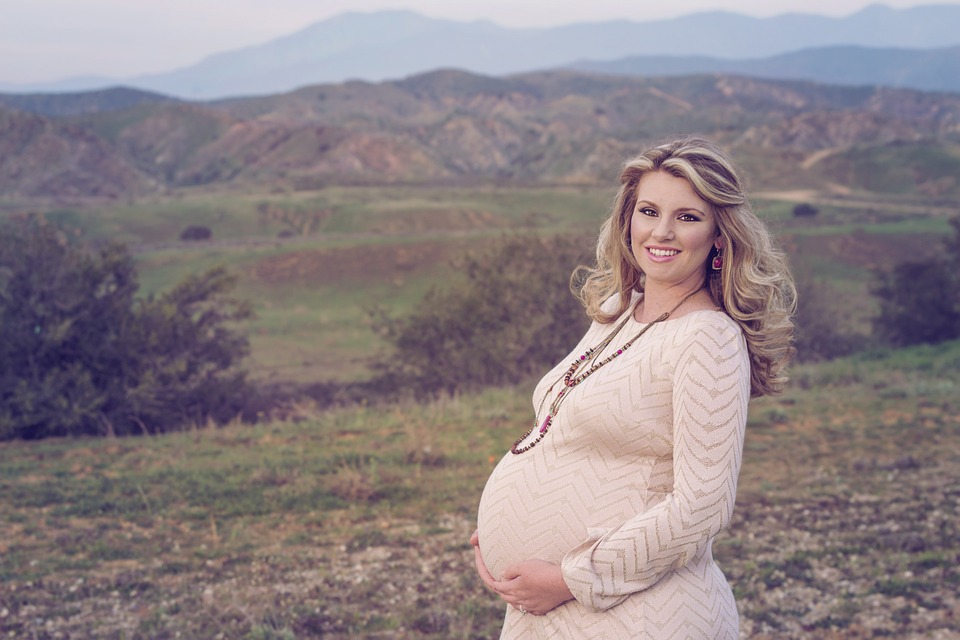
Pregnancy is a precious time in a woman’s life, full of anticipation and excitement as she prepares to welcome a new life into the world. But as joyful as this time can be, it also comes with its own set of challenges, particularly when it comes to maintaining good health and ensuring the well-being of both mother and baby.
One of the most important factors in a healthy pregnancy is nutrition. The foods that a mother-to-be eats not only nourish her own body, but also provide essential nutrients for the developing fetus. In order to support the growth and development of the baby, it’s essential for pregnant women to consume a well-balanced diet rich in a variety of key nutrients.
While a healthy diet should always be the foundation of good nutrition during pregnancy, there are certain nutrients that are especially important for moms-to-be. These essential nutrients can help ensure the health and well-being of both mother and baby, and can also aid in preventing common pregnancy-related complications.
Here are some of the must-have nutrients for moms-to-be:
Folic Acid: Folic acid, also known as folate, is a B vitamin that is crucial for a healthy pregnancy. It plays a key role in the development of the baby’s neural tube, which eventually forms the brain and spinal cord. Adequate folic acid intake has been shown to reduce the risk of neural tube defects, such as spina bifida, in newborns.
Pregnant women are advised to consume at least 400 micrograms of folic acid per day, either through a prenatal vitamin or through foods rich in this nutrient, such as leafy green vegetables, citrus fruits, legumes, and fortified grains.
Iron: Iron is essential for the production of hemoglobin, the protein in red blood cells that carries oxygen throughout the body. During pregnancy, a woman’s blood volume increases to support the growing fetus, leading to an increased need for iron. Iron deficiency can result in anemia, which can cause fatigue, weakness, and other health problems.
Pregnant women are advised to consume 27 milligrams of iron per day, through foods such as lean meats, poultry, fish, legumes, and fortified cereals. Iron supplements may also be recommended by a healthcare provider if necessary.
Calcium: Calcium is essential for the development of the baby’s bones, teeth, and muscles. Pregnant women who do not consume enough calcium may be at higher risk for conditions such as osteoporosis later in life. Adequate calcium intake during pregnancy can also help prevent preeclampsia, a serious pregnancy-related condition characterized by high blood pressure.
Pregnant women are advised to consume 1,000 milligrams of calcium per day, through foods such as dairy products, leafy green vegetables, tofu, and fortified orange juice. Calcium supplements may also be recommended if dietary intake is insufficient.
Omega-3 fatty acids: Omega-3 fatty acids are essential for the development of the baby’s brain and eyes. They also have anti-inflammatory properties that can help reduce the risk of preterm birth and other pregnancy-related complications. The two most important types of omega-3 fatty acids are docosahexaenoic acid (DHA) and eicosapentaenoic acid (EPA).
Pregnant women are advised to consume at least 200-300 milligrams of DHA per day. Good dietary sources of omega-3 fatty acids include fatty fish such as salmon, sardines, and mackerel, as well as flaxseeds, chia seeds, and walnuts. Fish oil supplements may also be recommended by a healthcare provider.
Vitamin D: Vitamin D is essential for the absorption of calcium and phosphorus, both of which are important for bone health. During pregnancy, adequate vitamin D intake is crucial for the development of the baby’s bones and teeth. Vitamin D also plays a role in immune function and can help prevent conditions such as preeclampsia and gestational diabetes.
Pregnant women are advised to consume 600-800 international units (IU) of vitamin D per day. Dietary sources of vitamin D include fatty fish, egg yolks, and fortified foods such as milk, orange juice, and cereals. Vitamin D supplements may also be recommended, especially for pregnant women with limited sun exposure.
Protein: Protein is the building block of life, and it is especially important during pregnancy when the body is working hard to support the growth and development of the baby. Adequate protein intake can help prevent low birth weight and other pregnancy-related complications. Protein also plays a role in the development of the baby’s tissues, muscles, and organs.
Pregnant women are advised to consume 71 grams of protein per day, through foods such as lean meats, poultry, fish, eggs, dairy products, legumes, and nuts. A high-quality protein supplement may also be recommended if dietary intake is insufficient.
Vitamin C: Vitamin C is essential for the growth and repair of tissues, and it also plays a role in the production of collagen, a protein that helps form the baby’s bones, cartilage, and skin. Vitamin C also has antioxidant properties that can help protect the baby from oxidative stress. Adequate vitamin C intake during pregnancy can also help prevent conditions such as preterm birth, preeclampsia, and gestational diabetes.
Pregnant women are advised to consume 85 milligrams of vitamin C per day, through foods such as citrus fruits, berries, bell peppers, tomatoes, and leafy green vegetables. Vitamin C supplements may also be recommended if dietary intake is insufficient.
Zinc: Zinc is essential for the growth and development of the baby’s cells, tissues, and organs. It also plays a role in immune function and can help prevent conditions such as low birth weight and preterm birth. Adequate zinc intake during pregnancy is crucial for the health and well-being of both mother and baby.
Pregnant women are advised to consume 11 milligrams of zinc per day, through foods such as lean meats, poultry, fish, dairy products, legumes, and nuts. Zinc supplements may also be recommended if dietary intake is insufficient.
In addition to these key nutrients, pregnant women should also make sure to stay hydrated, get plenty of rest, and engage in regular physical activity (with their healthcare provider’s approval). Maintaining a healthy lifestyle can help support the growth and development of the baby, as well as promote the overall well-being of both mother and child.
It’s also important for pregnant women to work closely with their healthcare provider to ensure that they are meeting their individual nutritional needs during pregnancy. A registered dietitian or nutritionist can provide personalized guidance on how to optimize nutrient intake through diet and supplementation.
In conclusion, supercharging your health during pregnancy starts with consuming a well-balanced diet rich in essential nutrients. By prioritizing key nutrients such as folic acid, iron, calcium, omega-3 fatty acids, vitamin D, protein, vitamin C, and zinc, moms-to-be can support the growth and development of their baby while also promoting their own well-being. By taking proactive steps to prioritize nutrition and overall health during pregnancy, moms-to-be can help ensure a healthy pregnancy and a positive start for their little one.








